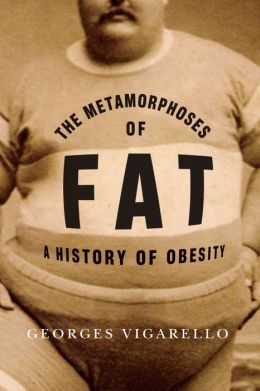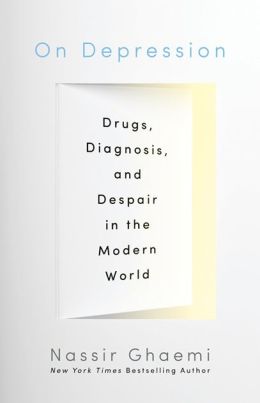-

Telling Our Way to the Sea: A Voyage of Discovery in the Sea of Cortez
by Aaron Hirsh

The Nutshell:
For years, University of Colorado–Boulder and Vermilion Sea Institute biologist Hirsh has brought a class of college students to Baja California to study the ecology and history of the Sea of Cortez. He chronicles one summer’s adventures in teaching and offers ruminations on changing ecosystems and sea cucumbers, the evolution of domestic dogs and the development of Mexico.
Literary Lovechild Of:
Barry Lopez’s Arctic Dreams and Frank McCourt’s Teacher Man.
You'll Find It On Your Bookshelf If:
A C-minus in freshman biology quashed your dreams of doing a semester on a boat. And of going to medical school. And of marrying the one person you ever loved. But you’re still more upset about that semester-on-a-boat thing.
Cocktail Party Fodder:
Most fish have pebbles in their heads—called otoliths—that provide them with data about orientation, acceleration, and sound. Otoliths found in prehistoric fish and more recently caught fish have taught archeologists about how migration patterns have changed.
For Optimal Benefit:
Read after snorkeling.
Snap Judgment:
Hirsh offers a beautiful melding of disparate genres—educator memoir, natural history, scientific doomsday prophecy—from a distinctive, reflective voice.
-

The Metamorphoses of Fat: A History of Obesity
by Georges Vigarello

The Nutshell:
Chronicling developments decade by decade, century by century—from the medieval glutton to Rubens’ round beauties to the invention of the corset to the morbidly obese body mass index—historian and sociologist Vigarello (of the École des hautes études en sciences sociales in Paris) charts the Western world’s changing idea of what it means to be too fat.
Literary Lovechild Of:
Roy Porter’s The Greatest Benefit to Mankind: A Medical History of Humanity and Sidney W. Mintz’s Sweetness and Power: The Place of Sugar in Modern History.
You'll Find It On Your Bookshelf If:
You’ve always felt the phrase “pleasantly plump” rolled off the tongue rather pleasantly.
Cocktail Party Fodder:
In the 17th century, a dry climate was believed to make people slender—while baths and humidity were believed to have the opposite effect.
For Optimal Benefit:
Read after a light lunch. In advance of a second, heavier lunch.
Snap Judgment:
This fat story is often plodding, but it’s got its share of tasty morsels.
-

On Depression: Drugs, Diagnosis, and Despair in the Modern World
by Nassir Ghaemi

The Nutshell:
What if we didn’t see depression as a disease? Tufts University psychiatrist Nassir Ghaemi asks this question in an exploration of how medicine, postmodern philosophy, and 21st century life have changed our understanding of both happiness and despair.
Literary Lovechild Of:
Kay Redfield Jamison’s An Unquiet Mind: A Memoir of Moods and Madness and Michel Foucault’s Madness and Civilization: A History of Insanity in the Age of Reason.
You'll Find It On Your Bookshelf If:
You’ve parted ways with Prozac, but you fondly recall your time together.
Cocktail Party Fodder:
One in five people in Paris has had a major depressive episode, compared to only one in 100 people in Taiwan.
For Optimal Benefit:
Read in one sitting when you’re manic. Or savor it chapter by chapter when you’re depressive.
Snap Judgment:
Ghaemi is a lucid and eminently reasonable writer. What’s not to love about statements such as, “A little depression—not too much—makes you more realistic” and “Postmodernists who disparage science should stop taking their antibiotics if they want to be logically consistent”?



